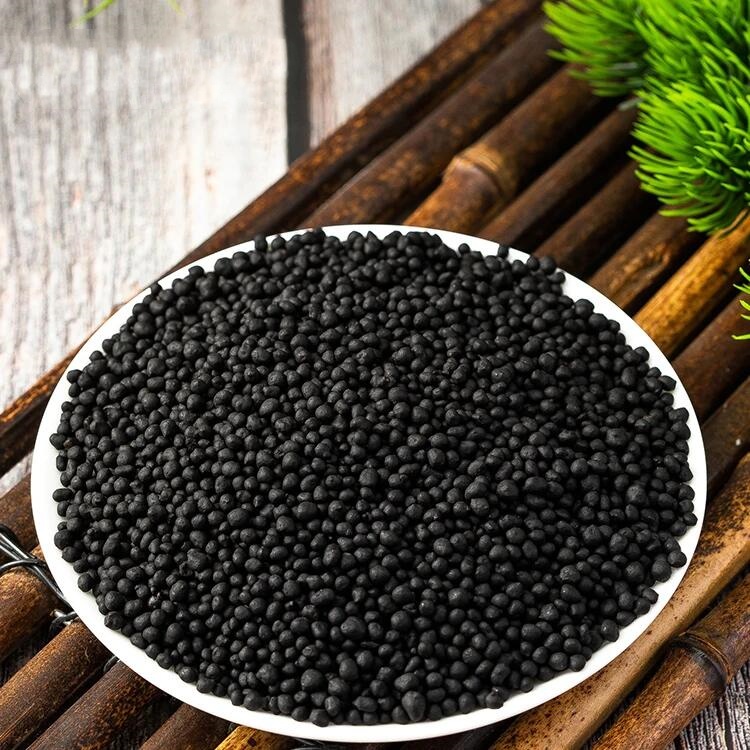In addition to acting on crops themselves, humic acid can also act on the growing environment of crops – soil, and it can be used as a soil conditioner.
Humic acid as a soil conditioner has the following three main effects on soil improvement:
① Improve soil aggregate structure
From the perspective of soil science, humus is the main condition for sandy soil to form soil and is the primary indicator for judging soil fertility. Soil that has been fertilized for a long time will become compacted, while the application of humic acid fertilizers can improve the soil aggregate structure. The aggregate structure is mainly a gel body formed by the interaction between fresh humic acid in the soil and calcium ions in the soil to form flocculent precipitation. This colloid is a good cementing material that can cement the soil together to form a water-stable aggregate structure, that is, a stable aggregate that is not easy to disperse when exposed to water. This aggregate structure can unify the permeability, absorption and retention of water and air, thereby meeting the needs of plants for water, oxygen and air during growth.
② Buffering effect on acidic soil and saline-alkali land
Humic acid has an ion exchange effect. Acidic soil is mainly caused by hydrogen ions and acidic oxides of iron and aluminum. Humic acid can form complexes with iron and aluminum, thereby reducing their toxicity to crops. In alkaline soil, due to the presence of humic acid, the soil aggregate structure is improved, the evaporation of water is reduced, and the capillaries of the upper and lower layers of the soil are cut off, making it difficult for the salt in the lower layer of the soil to rise. When it rains, the salt in the upper layer will be washed away; thus, the accumulation of salt in the surface of the soil is reduced. This creates a good environment for seed germination, crop emergence and growth, and improves the emergence rate.
③ Activate nutrients for plants in the soil
Humic acid itself contains carbon, hydrogen, oxygen, nitrogen and other elements required for plant growth. At the same time, it can adsorb, replace and activate many mineral nutrients in the soil, such as phosphorus, sulfur, potassium, sodium, calcium, magnesium, iron and other trace elements such as manganese, molybdenum, boron, zinc, etc. These elements are nutrients required for plant growth.
In short, humic acid has good effects and high benefits on soil remediation and improvement, and it is a high-quality soil conditioner.



